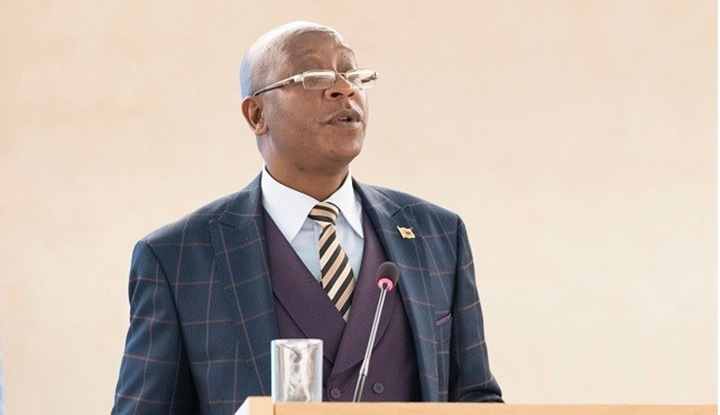Harare, Zimbabwe – In a significant move to reform the country’s health sector, private hospitals in Zimbabwe will soon face stricter regulations regarding their service charges and patient admissions.
Under proposed changes in the Medical Services Amendment Bill, private healthcare providers will no longer be permitted to arbitrarily increase fees without government approval and will be legally obligated to admit patients with life-threatening conditions for at least 48 hours, even if they cannot pay upfront.
Justice, Legal and Parliamentary Affairs Minister Ziyambi Ziyambi presented these proposed amendments during the Bill’s second reading in the National Assembly on Tuesday. He described the legislation as crucial for aligning Zimbabwe’s health sector with the constitutional guarantees on access to healthcare.
Minister Ziyambi emphasized that the Bill seeks to align the Medical Services Act with Section 76 of the Constitution, which guarantees every citizen and permanent resident the right to basic health services and stipulates that emergency medical treatment must not be denied.
Ministerial Oversight on Fees
The new law will empower the Minister of Health and Child Care to establish maximum fees and permissible percentage increases for services offered by private medical institutions. Any charges exceeding these limits or increases beyond the approved threshold will require direct Ministerial consent.
Minister Ziyambi stated that this amendment is essential to safeguard patients from unjustified and unaffordable costs in a sector frequently accused of profiteering. “This Bill, Mr. Speaker Sir, is a testament to our commitment ensuring that every citizen and permanent resident of our nation has access to essential health services,” said Minister Ziyambi. “The memorandum accompanying this Bill clearly outlines its primary objective, that is to uphold constitutional rights related to health and these rights are clearly stipulated in the Constitution.”
He further explained that Clause 9 of the Bill proposes amendments to the principal Act concerning fees and charges levied by private health institutions. Previously, a proviso exempted fees already being charged before a fixed date from prescribed maximums. This amendment repeals that proviso, meaning “Fees and charges at private health institutions, regardless of when they were first introduced, will be subject to the prescribed maximums and percentage increases unless specifically approved by the Minister.” This change, he added, ensures greater oversight and control over private healthcare costs, aiming to protect patients from exorbitant charges.
Another pivotal provision of the Bill mandates private health facilities to provide emergency treatment for patients experiencing life-threatening conditions, irrespective of their financial status. Once admitted, these patients must be stabilized for a minimum of 48 hours before any referral or discharge. The government may also enter into cost-recovery agreements with private providers to cover such services.
“Perhaps, Mr. Speaker, one of the most impactful provisions is the new Section 12(a), inserted by Clause 8, which prohibits the refusal of emergency medical treatment by private health institutions, aligning with Section 76, Subsection 3 of the Constitution,” Minister Ziyambi highlighted. “This mandates private institutions to admit patients suffering from life-threatening conditions for a period of not less than 48 hours for stabilisation, even if they cannot afford treatment. This is a lifeline for many and the Bill also allows for agreements between the Minister and private institutions for cost recovery.”
The Bill also renews focus on vulnerable groups, granting the Health Minister authority to introduce specific healthcare provisions for children, individuals with chronic illnesses, people with disabilities, and liberation struggle veterans. Additionally, it provides for the establishment of a National Consultative Health Forum to facilitate greater public participation in shaping national health policies.
Calling the proposed law a progressive and necessary reform, Minister Ziyambi affirmed it would strengthen Zimbabwe’s healthcare system by ensuring that access to treatment is based on the principle of human dignity, not wealth.

For comments, Feedback and Opinions do get in touch with our editor on WhatsApp: +44 7949 297606.
